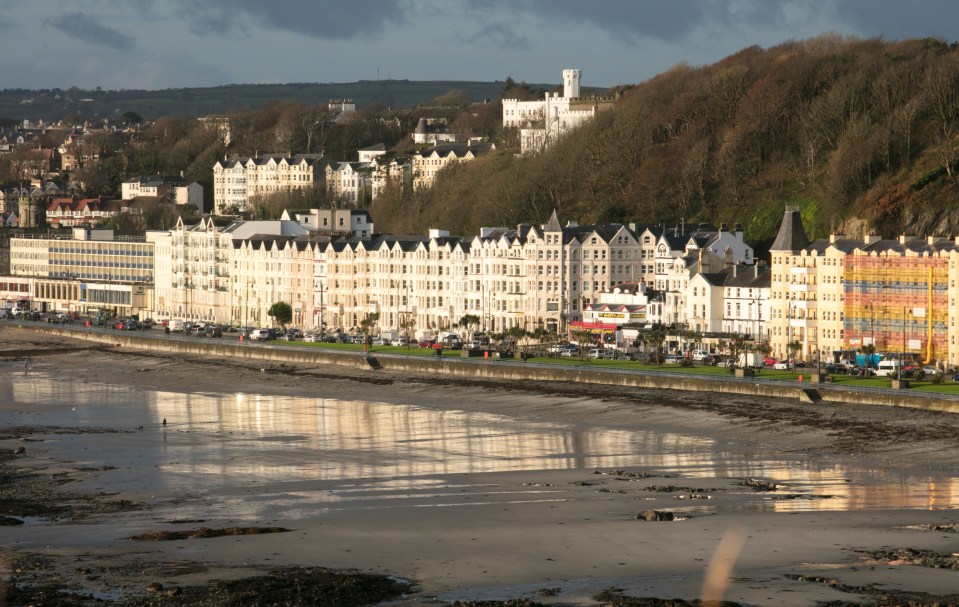The Isle of Man and the City of London are linked by a shared financial future

It might look like the Isle of Man and the City of London have nothing in common, but mutual financial cooperation is actually the way forward so that the whole country can benefit, writes Michael Crowe
With its stunning 100-mile coastline, Viking castles, and UNESCO biosphere status, the Isle of Man in the middle of the Irish Sea could not, on the face of it, be any more different to bustling London. Yet their relationship could be key to the City’s financial future.
Over the past five decades, the Isle of Man has built up a formidable financial infrastructure that now accounts for 48 per cent of its GDP, specialising in insurance, banking, pensions, employee benefits, fiduciaries and FinTech.
London, in the meantime, is facing a sea change: for the first time its previously undisputed role as the top global financial centre is being challenged by international competitors. The lingering uncertainty of Brexit continues to cast a long shadow – and questions are being raised about Britain’s potential to lose headwinds to competitors in Europe.
But rather than turning immediately to Frankfurt or Paris, we should be looking closer to home – and recognise how the family of British Isles and nations can be a source of strength for the City and the Square Mile.
The Isle of Man, a self-governing crown dependency and home to the world’s oldest continuous parliament, has never been a member of the European Union or the UK. Yet its role as a leader in global finance and strategic agreements enables it to provide an effective route into the UK market for sectors such as life insurance and businesses based in the European Economic Area (EEA).
The Island offers a well-regulated and responsible jurisdiction for firms to conduct business, as well as proximity to the City with direct daily flights into Heathrow, Gatwick and London City Airport.
The benefits of this unique relationship are clear: in 2021, the Isle of Man contributed £10bn of inward stock foreign direct investment to the UK. That’s more than Sweden, a country with a population of 10 million people.
The Isle of Man isn’t just looking at the here and now, either; it’s focused on investing in the future of the financial services industry through digital and technical innovation. Last year, it successfully concluded its first Insurtech Acceleration Programme, which saw scale-ups from around the world receiving mentoring support and pitching business solutions ranging from AI monitoring to the adoption of new behavioural finance solutions.
This year, the Isle of Man launched its first FinTech Innovation Challenge, attracting bright minds from Singapore to India – each with ideas to advance the Island’s digital economy.
The potential for the family of British Isles to collaborate and drive leadership in digital finance is significant. In 2022 the Isle of Man signed its first Memorandum of Understanding with FinTech Scotland, setting the stage for future collaboration on trade missions. The UK government has also shown its support, committing to a new Centre for Finance, Innovation, and Technology in West Yorkshire in Leeds.
To look from Douglas to Leeds, London to Edinburgh, the potential to build on these mutual strengths across the British Isles is truly great.
The high-rises of the Square Mile may at first appear to have little in common with an Island in the Irish Sea – but look again. Both are key to unlocking our financial future.
